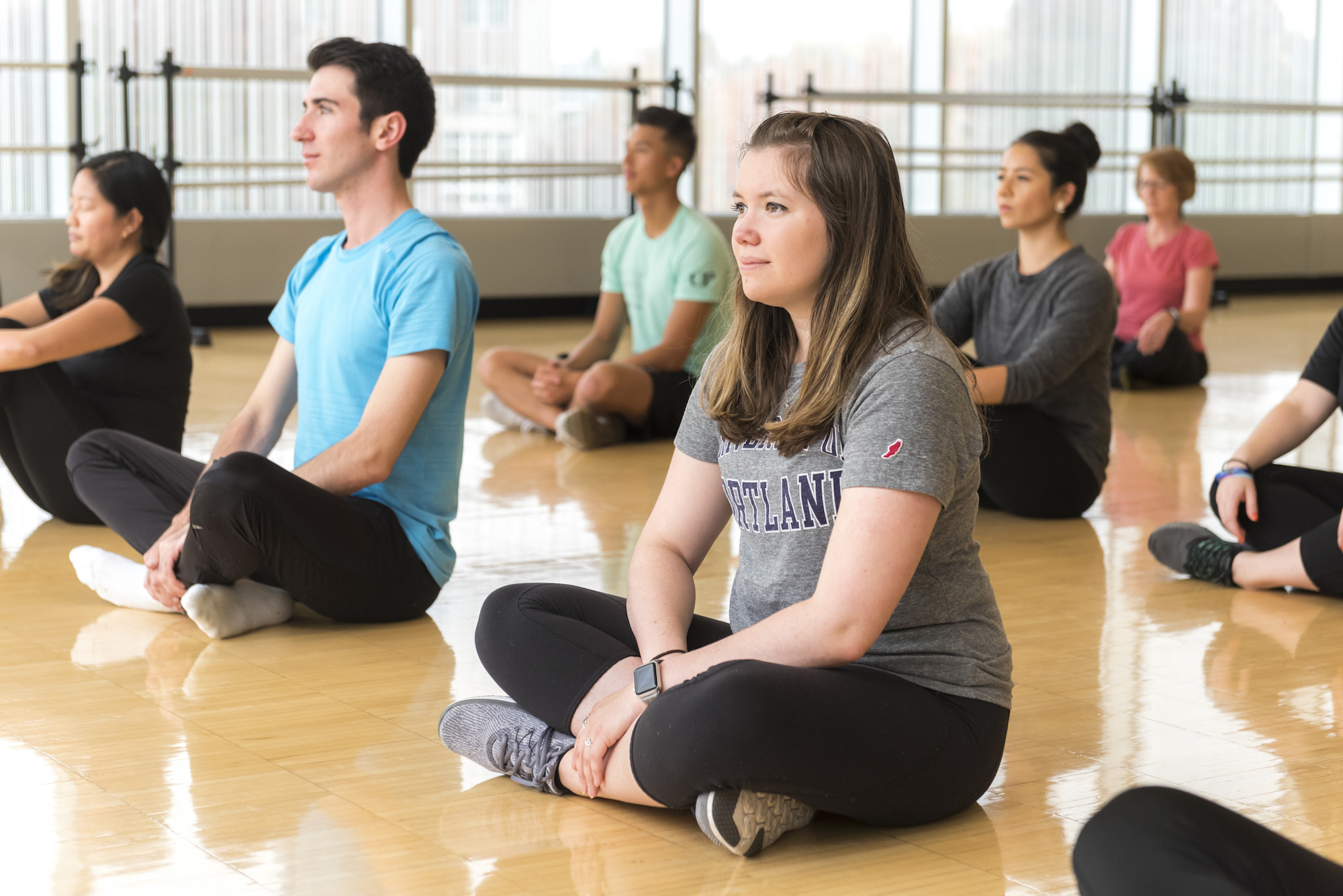Clinical Preceptor Responsibilities
The University of Portland School of Nursing & Health Innovations (UPSONHI) requests that DNP-FNP student clinical preceptors:
- Ensure the Clinical Affiliation Agreement is signed. Students cannot provide client care in the facility until the Clinical Affiliation Agreement is signed by the University of Portland and the practice site's official signatory.
- Provide the UPSONHI's graduate program clinical manager with a current Curriculum Vitae (resume).
- Review the UPSONHI DNP Preceptor Handbook.
- Review all materials provided by the clinical faculty and student (e.g., emails, course syllabus).
- Orient the student to the physical space, staff, flow of patients, and policies.
- Orient the student to the documentation method used at the clinical site, such as charts or electronic medical records.
- Allow the student to shadow you for the first week, unless the student has worked with you previously.
- Provide the student with instructions on your preferred method for reporting of patients to you.
- Be on site and available to students during the agreed upon times. Notify the student if unavailable on a designated student clinical day.
- Assist the student in communication with staff and navigating the practice site.
- Discuss with the student their individual objectives and methods for meeting them in the particular setting.
- Agree to guide and direct the student through clinical experience, allowing sufficient time for ongoing communication with the student.
- Be familiar with national and state nurse practitioner standards and regulations and UPSONHI DNP program outcomes and encourage the student to seek new clinical learning opportunities over the course of the clinical rotation.
- Provide feedback on clinical performance to the student throughout the clinical experience.
- Respond to faculty emails/phone calls regarding student clinical performance near the beginning and at the end of the semester.
- Inform the faculty of any concerns regarding student performance in the clinical setting. The sooner feedback is provided during a student's experience, the more likely the concern can be addressed with a positive outcome.
- Co-host (with the student) a faculty site visit at approximately mid-semester.
- Meet with the student at the end of the semester to complete the evaluation tool provided by the graduate program clinical manager in Typhon.
The role of the School of Nursing & Health Innovations faculty and preceptors is to serve as facilitators of learning. To develop competence as an FNP, all students require some degree of assistance from the preceptor. The degree of assistance required should decrease over time as the degree of independence increases. At no time should a student be expected to perform without assistance from the preceptor, which includes the preceptor examining the patient and documenting the visit.
To facilitate the evaluation of students in the clinical setting, a tool that addresses their performance in the areas of patient-centered care, teamwork and collaboration, evidence-based practice, quality improvement, safety, informatics, and professional role development is used. All clinical courses are graded on a Pass/No Pass basis. The information you, as a preceptor, provide to faculty will be used to help determine the student's clinical course grade.

